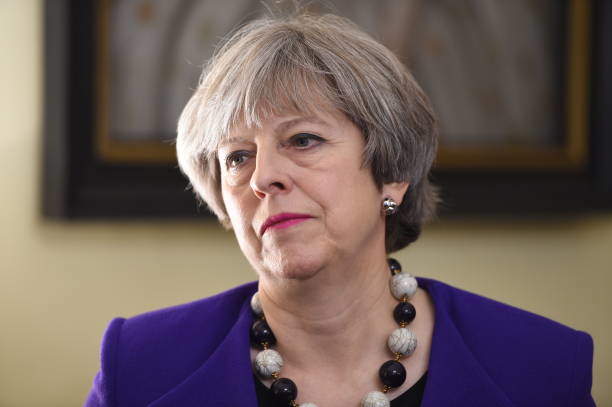Individuals dealing with loneliness might feel isolated, but the problem has a resounding worldwide significance, and now more than ever. While technology and social media play a clear role in the problem, a range of demographics experience a high rate of loneliness, especially in the freshly independent Britain.
Since Britain voted to leave the EU over a year ago, Europe came to the joking consensus that the consequences will result in a lonely nation that stands as an island, distant from the rest of the community. But according to research, it turned out to be a real problem – and fortunately, PM Theresa May decided to do something about it. Last Wednesday, she appointed a minister for loneliness. Statistics from last year show that over 9 million people in Britain experience loneliness a lot of the time, and May delved further into this in her statement.
“Loneliness is the sad reality of modern life. I want to confront this challenge for our society and for all of us to take action to address the loneliness endured by the elderly, by carers, by those who have lost loved ones — people who have no one to talk to or share their thoughts and experiences with.”
For a world leader to acknowledge this and confront is profound, and we hope that others around the world soon follow suit. The U.S.’s reality show of a presidential office especially.
And if anyone thought this was just a therapy session meant to coddle society’s members, they don’t understand how dire the problem really is. Mark Robinson, Chief officer of Age UK, a charity working with older people, says that the problem is deadly.
Loneliness has been proven to be worse for health than smoking 15 cigarettes a day. It can increase risks of dementia, anxiety, depression, and cardiovascular diseases. But luckily it can be overcome, from those who are young and isolated by technology to those at later stages of life struggling due to divorce, or ageing. Statistics from government research also show that 200,000 older people in Britain hadn’t spoken to any friends or relatives for over a month.
Now that world leaders are starting to take notice, we need awareness and empathy from employers, teachers, and other essential determiners of isolation versus community.
Tracy Couch, the undersecretary for sport and civil society in culture ministry, will be leading the charge in establishing policies by leading a government-wide group. On a smaller and more immediate level, Britons are joining groups on social media for those experiencing illnesses, providing motivational support and a less chaotic guide to dealing with the problem.
We hope other nations take note and recognize that this epidemic is just as urgent to confront as an insidious disease or war.


